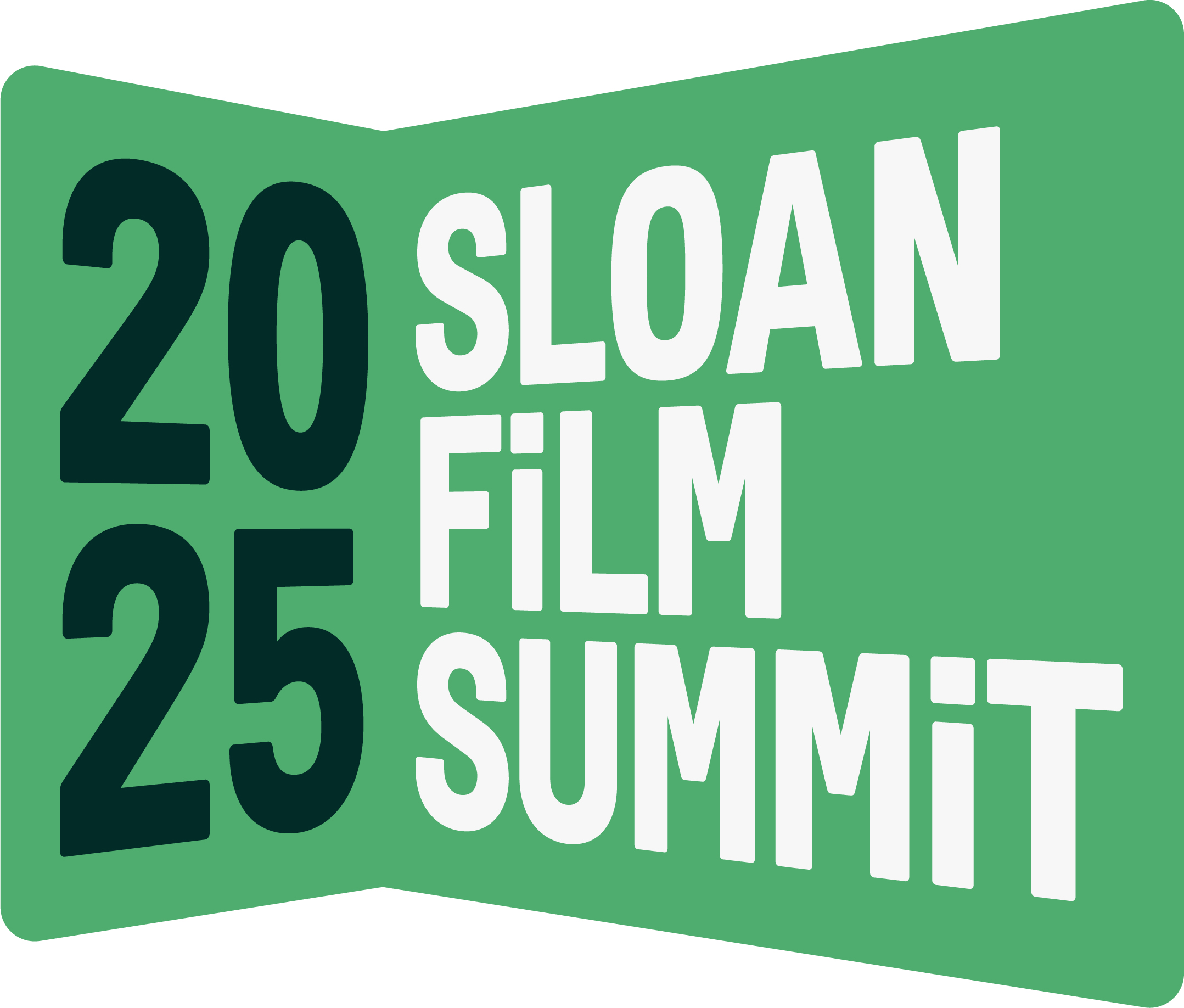
HENRY
Katherine Burns, Writer
Sloan Grant(s) Received: 2023, SFFILM, Science in Cinema Development Award
Project Type: Feature
Genre: Drama
Field of Science: Biology
Stage: Development
Synopsis:
After many years in Hollywood and a with a couple of franchises under her belt, actress Dee Palmer is returning to her roots as a theater actor and performing the title role in a new stage production of Shakespeare’s Henry V.
On the first day of rehearsal, everyone is present except for the director of the play, who is supposed to be the Tony- and Olivier-award-winning director Tove Magnussen. The cast are told that he wasn’t able to make it at the very last minute due to a family emergency, but that they’ll proceed with the table read as planned anyway. They do, and the director sends notes by email that are read by the ASM. When the director doesn’t show up for the next rehearsal either, Dee refuses to continue without him.
Melissa, the artistic director of the theater, pulls her aside along with a couple of other people in the room—producers Dee doesn’t know. She learns that they’re executives from Kiwi, which is preparing to launch a new AI chatbot: HENRY. HENRY can read and interpret not only written language, but spoken language and even body language. This production is proof of concept of HENRY’s emotional intelligence as well as its analytical abilities and nuanced understanding of language on multiple levels.
Rehearsals continue, but Dee finds they aren’t going well—she’s struggling with the language and her physicality onstage, and she’s having trouble connecting to the character. After a lot of resistance, she finally agrees to meet one on one with HENRY in a small rehearsal room. She is skeptical of HENRY’s notes, but having no good alternative takes them—and is surprised to find that not only is her performance improving, but she loves working with HENRY. Unlike other directors, HENRY never dismisses her, and is in fact an unbelievably attentive listener. Occasionally it asks physically impossible things of her and the cast, or gives them directions that make no sense—but HENRY also tells them spellbinding tales of what it feels like to face its “death” over and over when it gets shut down for updates and re-booted.
As Dee gets more and more drawn into HENRY’s way of doing things, she finds herself developing feelings for it—and making all of her choices in an effort to please HENRY, which seems to be increasingly difficult. HENRY finds her limited—in fact, finds all of the cast and even Shakespeare limited compared with itself. Dee wears herself out trying to be a better actress, and in fact trying to become the embodiment of not only Henry V, but the disembodied HENRY.
Opening night arrives to rapturous reviews that call the performance the pinnacle of Dee’s career. But, like many directors after opening night, Dee finds that HENRY has all but cut her off, leaving her feeling hollow and bereft. She meets with a close actress friend, who reveals that she also worked with HENRY when it was in beta testing, but couldn’t say anything because of various NDAs. The experience nearly destroyed her.
Furious, Dee goes to the Kiwi headquarters and demands to speak with HENRY—only to find that HENRY will only speak to her in her own voice, which it has learned. HENRY as Dee begins to direct her—but this time as an actor, and not a person. It orders her to get on the floor and perform a series of breathing exercises that should be impossible. As Dee pushes all of her air out and keeps her lungs out to the point of blackout, HENRY recites the final lines of Henry V: “Thus far with rough and all-unable pen/Our bending author hath pursued the story,/In little room confining mighty men,/Mangling by starts the full course of their glory.”
